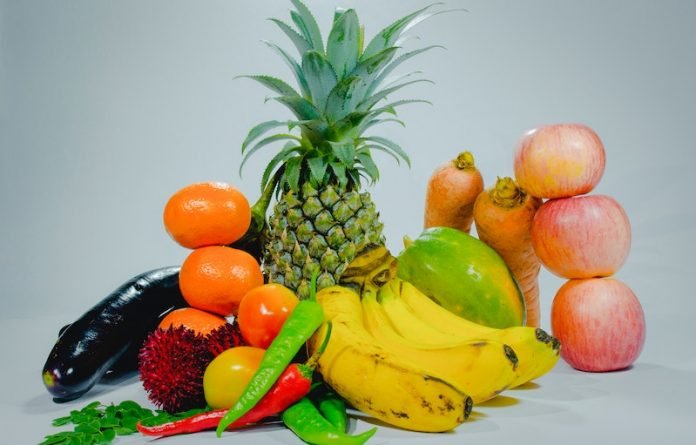
Diets rich in fruits and vegetables have been linked to a lower risk of lung cancer.
In a study from Tufts University, researchers found that a red pigment in red peppers and oranges could be one reason.
Lung cancer continues to be the leading cause of cancer death in the United States, and smoking continues to be the leading cause of lung cancer.
Previous research found that eating foods containing beta-cryptoxanthin (BCX)—a red pigment abundant in sweet red peppers, paprika, winter and butternut squash, oranges and tangerines, among other foods—was linked to a lower risk of lung cancer in people who smoke.
In the current study, the team found that BCX appears to counteract one of the lesser-known abilities of nicotine, which is to accelerate the growth of lung tumors.
The study suggests that BCX and nicotine have opposite effects in lung cells.
Nicotine binds to a specific receptor on the surface of lung cells. This binding triggers many biochemical signaling events that cause cells to proliferate and new blood vessels to develop, two hallmarks of cancer.
Nicotine also boosts the cells’ production of this specific receptor. With large numbers of those receptors available for nicotine to bind to, lung cancer cells in smokers get an even stronger signal to keep growing.
The team showed that BCX causes cells to decrease the amount of that specific nicotine receptor on their surfaces, which may dampen cell growth.
When the researchers administered daily doses of BCX to mice, they found that the mice treated with BCX had fewer lung tumors than those that got no BCX.
The inhibition of the receptor by BCX may also play a role in keeping cancer from spreading.
This better understanding of BCX’s molecular mechanism could lead to dietary recommendations for patients undergoing chemotherapy for lung cancer and for those who have survived.
In the study, the BCX dose that seemed to have the greatest benefit in mice was equivalent to a daily human dose of about 870 micrograms—the amount contained in one sweet red pepper or a couple of tangerines a day.
If you care about cancer, please read studies about drugs for inflammation that may help kill cancer and statin drugs can starve cancer cells to death.
For more information about cancer treatment and prevention, please see recent studies about findings that are key to surviving cancer and results showing common Indian fruit may slow down cancer growth.
The study was conducted by Xiang-Dong Wang et al and published in Cancer Prevention Research.
Copyright © 2022 Knowridge Science Report. All rights reserved.



